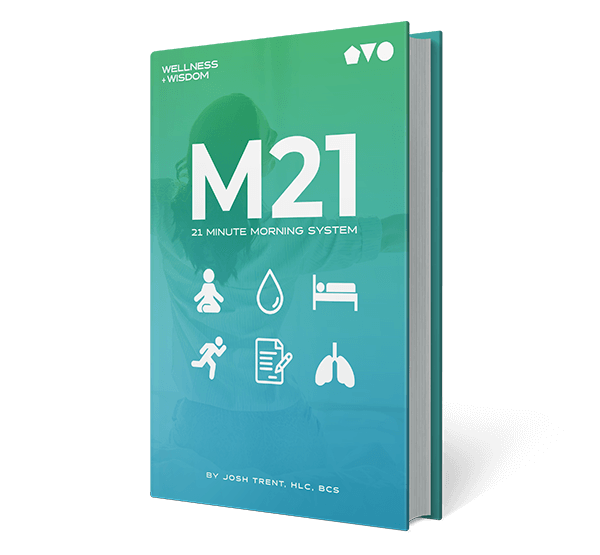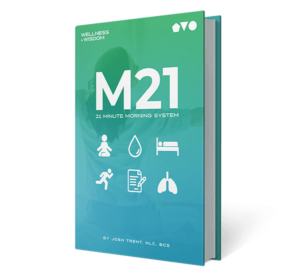 In recent years, there has been an increasing shift towards personalized and patient-centric healthcare models. One such model that is gaining traction is concierge medicine. This approach is revolutionizing traditional healthcare delivery by offering more accessible, personalized, and efficient care.
In recent years, there has been an increasing shift towards personalized and patient-centric healthcare models. One such model that is gaining traction is concierge medicine. This approach is revolutionizing traditional healthcare delivery by offering more accessible, personalized, and efficient care.
Today, we explore how concierge medicine is redefining the healthcare landscape and what it means for both patients and providers.
Table of Contents
Understanding Concierge Medicine
Concierge medicine, also known as boutique medicine or retainer medicine, is a healthcare model where patients pay a membership fee to gain enhanced access to their physicians. This fee often covers a range of services, including extended consultation times, comprehensive preventative care, and round-the-clock access to medical professionals. Unlike traditional practices, where physicians manage large patient loads, concierge medical practice allows doctors to focus on a smaller group of patients, providing them with more personalized attention.
The Benefits of Concierge Medicine
1. Personalized Care
One of the primary advantages of concierge medicine is the level of personalized care patients receive. With fewer patients to manage, physicians can spend more time understanding each patient's unique health needs and crafting individualized treatment plans. This leads to better patient outcomes and higher satisfaction levels.
Moreover, this model also enhances access to healthcare services, allowing for same-day or next-day visits and direct communication with physicians. This immediacy not only fosters stronger patient-physician relationships but also enables timely interventions.
2. Enhanced Accessibility
As mentioned earlier, concierge medicine often offers same-day or next-day appointments, eliminating the long wait times that are common in traditional healthcare settings. Patients also have direct access to their physicians through phone, email, or even text messages, ensuring that they can get medical advice when they need it most.
This accessibility enhances convenience and builds trust between patients and physicians. With easy communication, patients address health concerns promptly.
3. Preventative Focus
With a proactive approach, concierge medical practice emphasizes preventative care. Physicians can dedicate more time to screening and early detection of potential health issues, which can significantly improve long-term health outcomes. This shift from reactive to preventative care is a crucial step towards reducing the overall burden of chronic diseases.
Building on this focus on prevention, concierge medicine also promotes personalized wellness planning tailored to each patient’s lifestyle and health goals. Physicians educate patients on nutrition, exercise, and stress management, empowering them to take control of their health and fostering a culture of wellness that encourages informed decision-making.
Applications in Modern Healthcare
Concierge medicine is making its mark in various healthcare sectors. For instance, it is becoming increasingly popular in primary care, where patients value the continuity of care and the strong doctor-patient relationships that the model fosters. Additionally, specialists in fields such as cardiology and dermatology are adopting concierge practices to deliver more focused and comprehensive care.
Technology Integration
The integration of technology plays a pivotal role in the success of concierge medicine. Many practices employ telemedicine platforms, electronic health records, and patient portals, allowing for seamless communication and efficient management of patient data. This tech-savvy approach not only improves patient engagement but also enhances the overall efficiency of healthcare delivery.
Challenges and Considerations
While concierge medicine offers numerous benefits, it is not without its challenges. The model often comes with a higher price tag, which can limit accessibility for some patients. Additionally, critics argue that widespread adoption could exacerbate disparities in healthcare access if traditional practices face a shortage of providers.
Concierge medicine is undoubtedly changing the healthcare landscape, offering a more personalized, accessible, and preventative approach to care. For those who can afford it, this model provides the opportunity to build a strong relationship with their healthcare provider and take a proactive stance towards their health.









